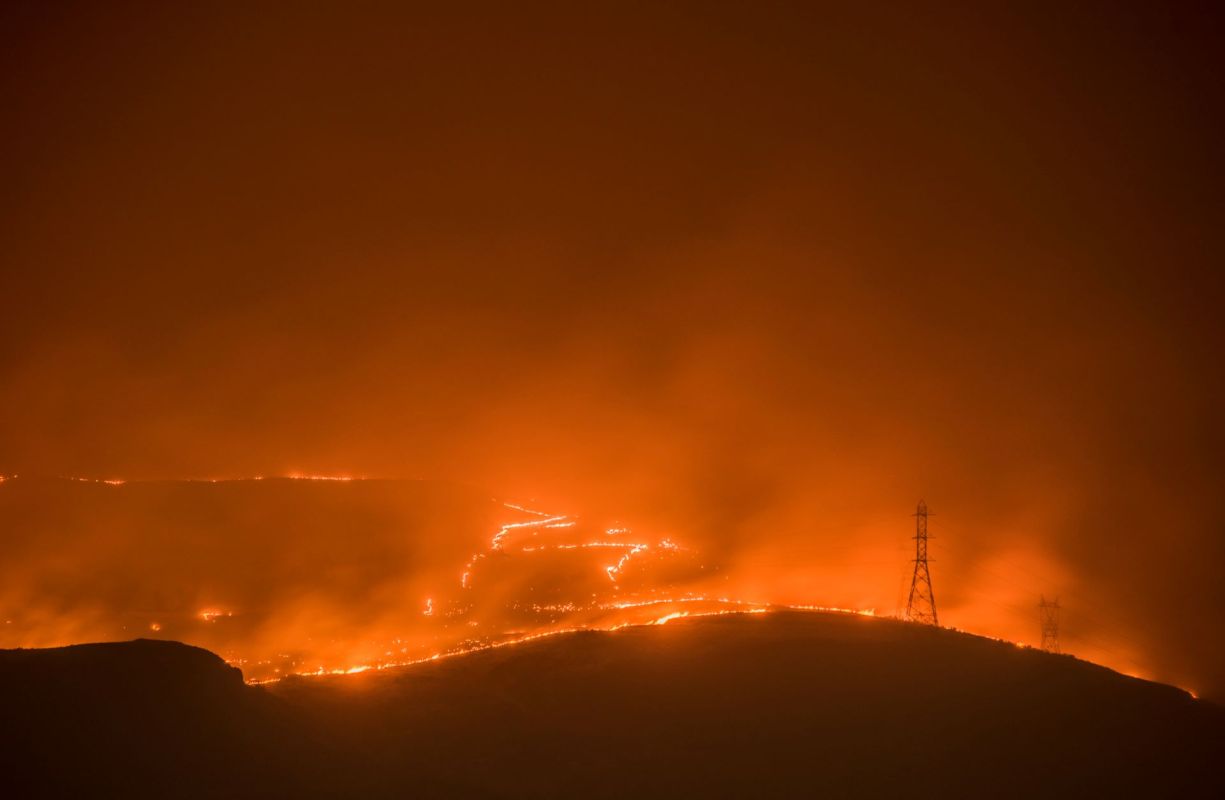A North American squirrel species is endangered after unprecedented wildfires in Washington state have killed these rodents and wrecked their remaining territory.
What happened?
The western gray squirrel, a rare species native to Washington, has been placed on the endangered list by the Washington Department of Fish and Wildlife.
The squirrel is "seriously threatened with extinction throughout all or a significant portion of its range within the state," WDFW said in a document outlining the decision.
Previously, the squirrel had been placed on the threatened species list in 1993.
Why is the listing concerning?
Only a few isolated populations of the western gray squirrel still exist, and one of the biggest threats to its survival is the changing climate, which degrades its habitat.
Increased wildfires are one consequence of a warming world — something that Washington knows all too well. Last year, tens of thousands of acres of the state's wildlands were ravaged by hundreds of individual wildfires. Large-scale blazes in 2014 and 2015 are responsible for wiping out large populations of western gray squirrels and destroying vast swaths of their habitat.
WDFW's conservation assessment manager Taylor Cotten told CBS News that these wildfires will only become more frequent and severe as the world heats up.
These are not the only challenges this species faces, however. The squirrel is also susceptible to diseases like mange and western equine encephalitis, maladies that could spread more easily as global temperatures rise. To make matters worse, tree felling throughout the animal's range is adding to its survival woes.
What's being done to save the western gray squirrel?
This is the first time since 1993 that the squirrel's conservation status has been reclassified. According to Cotten, the reclassification will benefit the species by shining a light on its conservation plight.
This isn't the first attempt the state has made to save the squirrel. In 2007, a recovery plan that asked landowners to voluntarily preserve ponderosa pine and Douglas fir trees (the species preferred by these squirrels) was introduced. It didn't make much of a difference.
"We're still seeing habitat loss at 20% (since the original listing), even with these actions," Cotten said, per the Guardian.
While the reclassification features a slight change in penalties for killing an endangered squirrel, the bigger impact could come through new regulations for the Forest Practices Board to consider the consequences of forest practices in the squirrel's essential habitat.
Join our free newsletter for cool news and cool tips that make it easy to help yourself while helping the planet.









